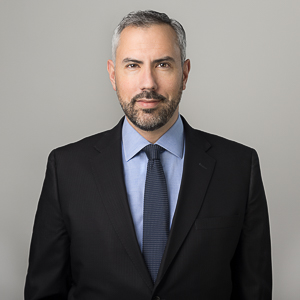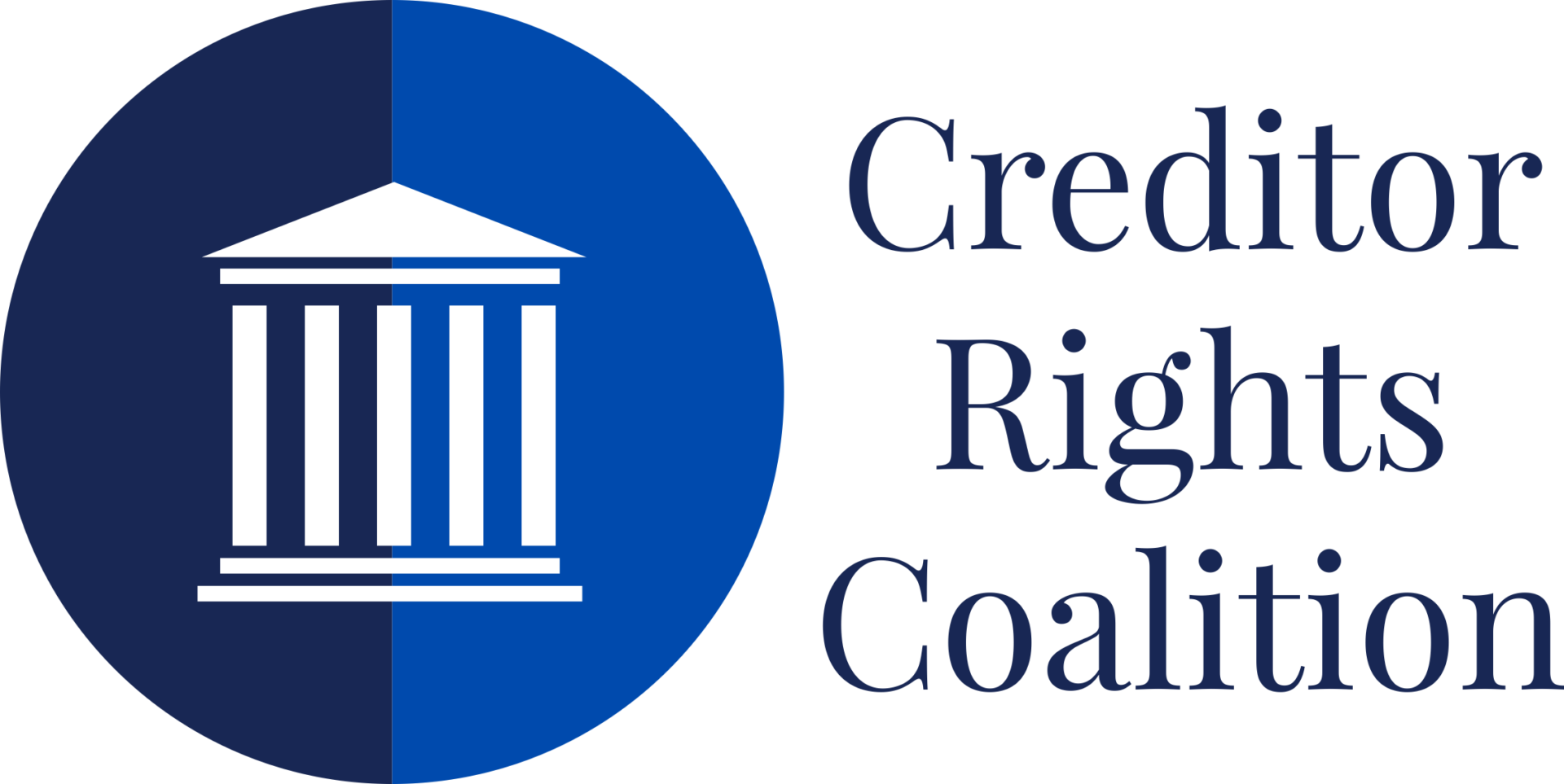Edward Neiger & Jennifer Christian Speak on the Purdue Pharma decision

ASK LLP

ASK LLP
Second Circuit Decision In Purdue Pharma Bankruptcy Will Not Open The Floodgates For Mass Tort Bankruptcies In New York
By Edward E. Neiger and Jennifer A. Christian
The bankruptcy world and beyond is abuzz about the Second Circuit’s recent decision reversing the District Court and affirming the Bankruptcy Court’s approval of Purdue Pharma’s bankruptcy plan. See In re Purdue Pharma L.P., 2023 WL 3700458 (2d Cir. May 30, 2023). The initial reactions from scholars, pundits, and politicians is that the Second Circuit “allows” the controversial nonconsensual third-party releases. Some have gone so far as to say the Second Circuit will be flooded with mass tort debtors whose owners and parent companies desperately want these coveted releases.
Nothing is further from the truth.
In reality, the Second Circuit narrowed the possibility of nonconsensual third-party releases.
First, the court enunciated seven factors for bankruptcy courts to consider before granting nonconsensual third-party releases and held that each of the seven factors supported reversal in Purdue Pharma’s case.
Second, immediately after its enunciation of the seven-factor test, the court stated:
Although consideration of each factor is required, it is not necessarily sufficient — there may even be cases in which all factors are present, but the inclusion of third-party releases in a plan of reorganization should not be approved. Further, as contemplated by Dow Corning, the bankruptcy court is required to support each of these factors with specific and detailed findings… For the bankruptcy court to make such findings, extensive discovery into the facts surrounding the claims against the released parties will most often be required.
Third, the Court held that even if all of the seven factors support third-party releases, the granting of nonconsensual releases must be evaluated “against a backdrop of equity.” And, “[g]iven the potential for abuse, courts should exercise particular care when evaluating these types of releases.” In fact, the Court reviewed the Bankruptcy Court’s factual findings in detail, highlighted the overwhelming support for the plan and emphasized “the additional concessions made by the Sacklers — including governance requirements, abatement trusts, the public document archive, and divestment of the Sacklers from the opioid business worldwide — contributed to the Plan’s equity.”
Essentially, what the Court really held is that in order for nonconsensual third-party releases to be approved, the case would have to be a unicorn — so unique that there will likely never be another bankruptcy case like it. It just so happens that the Purdue Pharma bankruptcy case is a unicorn.
CDC data shows more than 105,000 overdose deaths in each of 2021 and 2022 alone. The Purdue plan, once effective, will put nearly $6 billion in state coffers to be used exclusively to abate the opioid crisis. It will also distribute $750 million to up to 130,000 actual victims of Purdue who have filed eligible claims, which include those who have suffered, or are still suffering from, addiction, and those who have suffered the unimaginable — the loss of a loved one to opioid overdose.
The Purdue Pharma plan is so much more than your run-of-the-mill mass tort debtor Chapter 11 plan. The Purdue Pharma plan will quite literally save lives — not years from now, but immediately, should the plan go effective. It is virtually impossible to envision another case where the equities so strongly weigh in favor of granting nonconsensual third-party releases.
Before a mass tort debtor plunks down tens of millions of dollars to fund a bankruptcy in the Second Circuit in the hopes of obtaining nonconsensual third-party releases, it should carefully read the Purdue decision and study the Purdue Pharma plan. It should understand the circumstances surrounding the bankruptcy (i.e., one of the largest public health crises in history), and it should appreciate the convergence of the rare and unique facts and circumstances that formed the basis of the recent decision.
ASK LLP represents the Ad Hoc Group of Individual Victims in the Purdue Pharma bankruptcy cases.
Copyright 2023 Creditor Rights Coalition
Please contact info@creditorcoalition.org for reprint permission.
